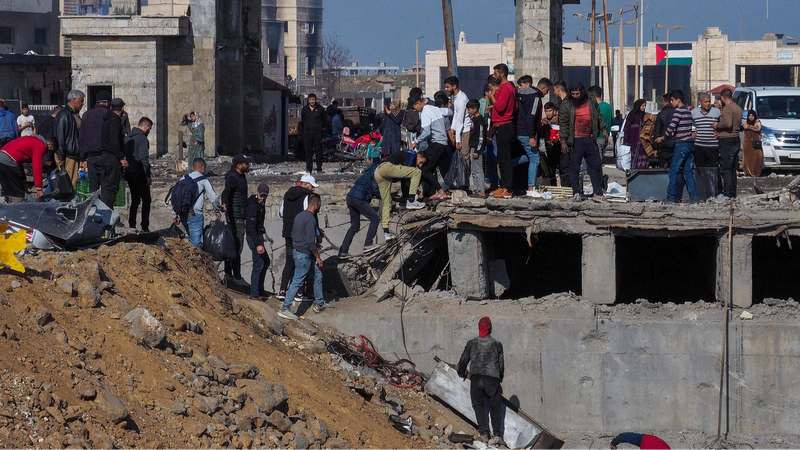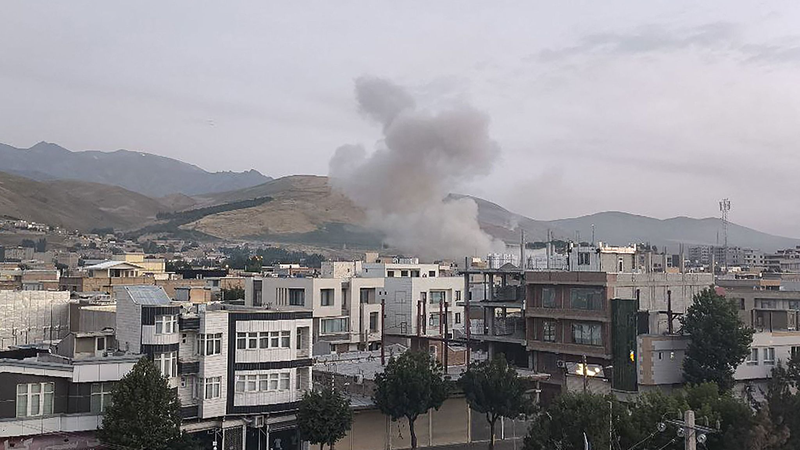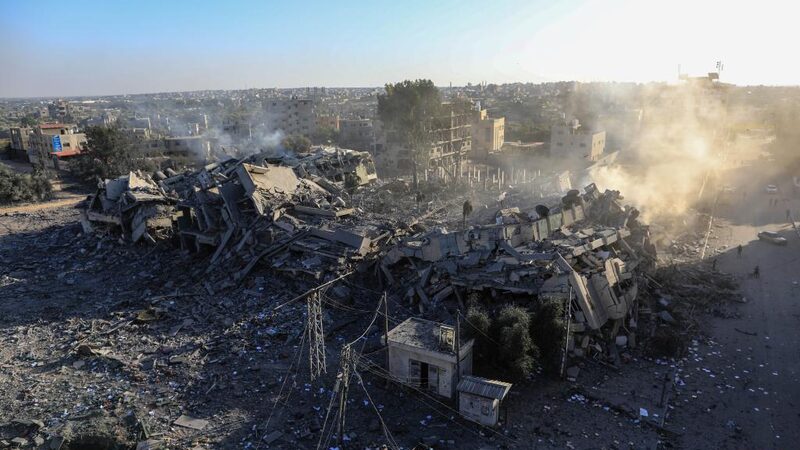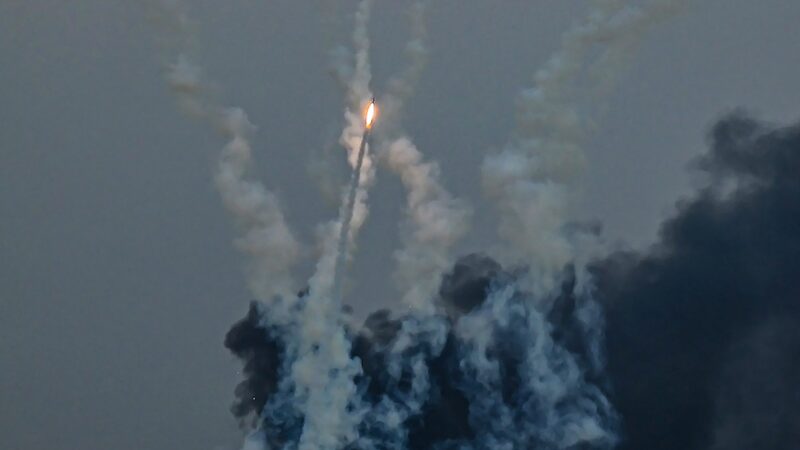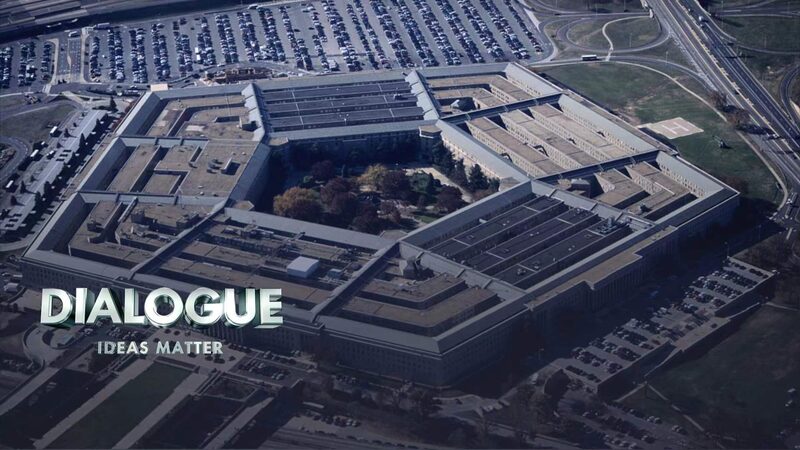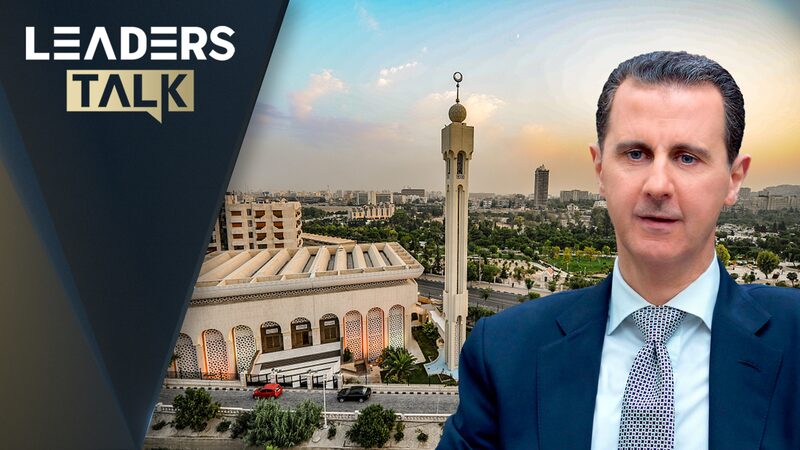On the evening of October 1, 2024, Iran launched a large-scale missile attack on Israel, marking a significant escalation in the already tense relations between the two nations. The strikes targeted several locations across Israel, causing widespread alarm and raising the specter of a broader regional conflict.
Escalating Tensions in the Middle East
The missile attacks represent a dramatic turn in the long-standing hostilities between Iran and Israel. For years, both nations have engaged in indirect confrontations through proxy forces across the Middle East. Iran’s support for groups like Hezbollah in Lebanon and various militias in Syria and Iraq has been a point of contention, while Israel has conducted airstrikes against Iranian interests in the region.
This direct assault on Israeli soil signals Tehran’s willingness to confront Israel openly. Iranian officials have not yet publicly commented on the attack, but analysts suggest it may be a response to recent Israeli actions in the region or internal pressures within Iran.
Israel’s Response and Regional Implications
Israeli authorities have indicated that a retaliatory response is imminent. Prime Minister Benjamin Netanyahu stated, “We will defend our nation and respond decisively to this aggression.” The potential for escalation is high, with fears that retaliatory strikes could trigger a wider conflict involving neighboring countries.
Other regional players, such as Saudi Arabia and the Gulf states, are closely monitoring the situation. The rivalry between Saudi Arabia and Iran has been a defining feature of Middle Eastern geopolitics, and increased tensions could draw these nations further into the fray. Sectarian divides between Sunni and Shia communities risk deepening, threatening the fragile stability of the region.
U.S. Involvement: Support and Strategy
In response to the attacks, U.S. President Joe Biden has ordered American forces to assist Israel in defending against Iranian strikes. The swift U.S. involvement underscores the strong alliance between the United States and Israel. “Our commitment to Israel’s security is unwavering,” President Biden affirmed in a statement.
This move raises questions about the broader objectives of U.S. foreign policy in the Middle East. While the immediate goal is to support an ally under attack, deeper motivations may include containing Iranian influence in the region and reassuring other allies of U.S. support. However, increased military involvement carries the risk of entangling the United States in another prolonged conflict, with uncertain outcomes.
Potential Consequences for the Region
The unfolding situation poses significant risks for the Middle East. A full-scale conflict between Iran and Israel could have devastating humanitarian and economic consequences. Additionally, global markets may react negatively to the instability, affecting energy prices and international trade.
Diplomatic efforts may yet offer a path to de-escalation. The international community faces the challenge of mediating between the parties to prevent a larger conflict. The coming days will be critical in determining whether cooler heads can prevail to avert further violence.
Reference(s):
Iran's missile attack on Israel and U.S. involvement in the region
cgtn.com
